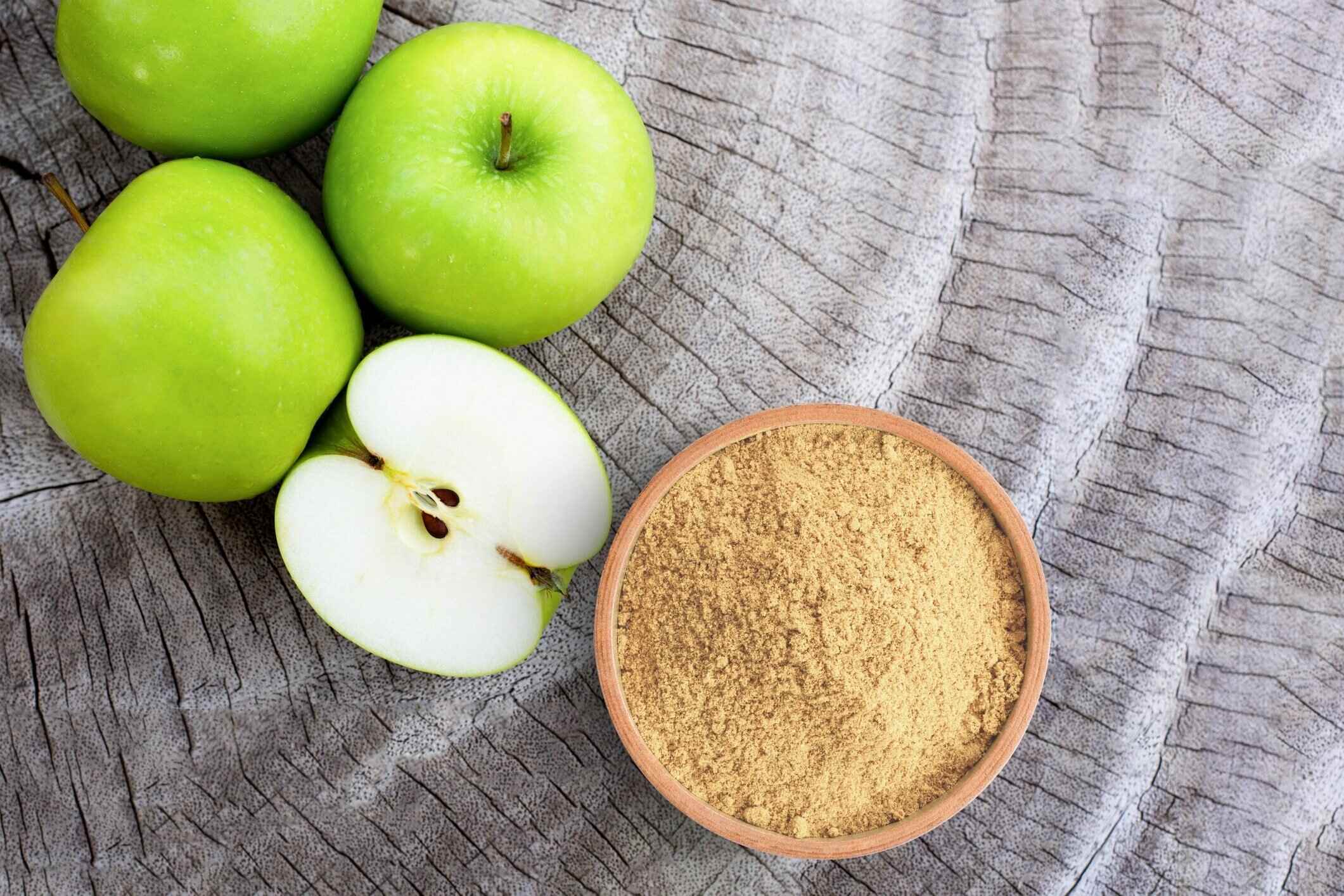
What is pectin? Pectin is a natural substance found in fruits and vegetables. It acts as a gelling agent, thickening jams, jellies, and preserves. This carbohydrate is crucial for plant cell walls, giving them structure and stability. When you bite into an apple or enjoy a spoonful of marmalade, you're experiencing the benefits of pectin. Not just for cooking, it also has health benefits. It can aid digestion, lower cholesterol, and even help manage blood sugar levels. Understanding pectin can transform your cooking and improve your health. Ready to learn more? Let's dive into 31 fascinating facts about this versatile ingredient!
What is Pectin?
Pectin is a natural substance found in fruits and vegetables. It's a type of soluble fiber that plays a crucial role in plant structure. Let's dive into some fascinating facts about pectin.
-
Pectin is primarily found in the cell walls of plants, giving them structure and firmness.
-
Apples and citrus fruits are particularly high in pectin, making them popular choices for pectin extraction.
-
Commercial pectin is often used as a gelling agent in jams and jellies.
-
Pectin can also act as a stabilizer in fruit juices and dairy products.
-
When heated with sugar, pectin forms a gel-like consistency, which is why it's essential in making preserves.
Health Benefits of Pectin
Pectin isn't just for cooking; it offers numerous health benefits too. Here are some ways pectin can improve your well-being.
-
Pectin can help lower cholesterol levels by binding to bile acids in the intestines.
-
It may aid in controlling blood sugar levels, making it beneficial for people with diabetes.
-
Pectin promotes gut health by acting as a prebiotic, feeding beneficial bacteria in the digestive tract.
-
It can help relieve constipation due to its soluble fiber content.
-
Some studies suggest that pectin may help in weight management by increasing feelings of fullness.
Pectin in Food and Cooking
Pectin's versatility extends beyond just jams and jellies. Here are some interesting ways pectin is used in food and cooking.
-
Pectin is used in the production of gummy candies to give them their chewy texture.
-
It's often added to yogurt and other dairy products to improve texture and stability.
-
Pectin can be used as a fat replacer in baked goods, providing a healthier alternative.
-
In the beverage industry, pectin helps stabilize fruit juices and prevent separation.
-
Pectin is also used in making low-sugar and sugar-free products, as it can gel without the need for high sugar content.
Pectin in the Pharmaceutical and Cosmetic Industries
Beyond food, pectin has applications in other industries as well. Here are some surprising uses of pectin in pharmaceuticals and cosmetics.
-
Pectin is used in some pharmaceutical products as a binder and stabilizer.
-
It can be found in wound healing products due to its gelling properties.
-
Pectin is sometimes used in cosmetic products like lotions and creams to improve texture.
-
It can act as a natural thickener in various cosmetic formulations.
-
Some studies are exploring pectin's potential in drug delivery systems, as it can form gels that release medication slowly.
Environmental and Industrial Uses of Pectin
Pectin's utility isn't limited to food and health. It has several environmental and industrial applications as well.
-
Pectin can be used in biodegradable films and coatings, offering an eco-friendly alternative to plastics.
-
It's being researched for use in water purification, as it can bind to heavy metals and other contaminants.
-
Pectin-based materials are being developed for use in packaging, reducing reliance on non-renewable resources.
-
In agriculture, pectin can be used as a soil conditioner to improve water retention and soil structure.
-
Pectin is also being explored for use in biofuel production, as it can be broken down into fermentable sugars.
Fun Facts About Pectin
Let's end with some fun and quirky facts about pectin that you might not know.
-
The word "pectin" comes from the Greek word "pektikos," meaning "congealed" or "curdled."
-
Pectin was first isolated and described by French chemist Henri Braconnot in 1825.
-
Some fruits, like strawberries and grapes, have low pectin levels, which is why they often require added pectin when making jams.
-
Pectin can be used to make homemade fruit leathers, a healthy and tasty snack.
-
During World War II, pectin was used as a blood plasma extender due to its gelling properties.
-
Pectin is not digestible by humans, but it plays a crucial role in maintaining digestive health by feeding beneficial gut bacteria.
Pectin's Role in Our Lives
Pectin is more than just a thickening agent. This natural fiber, found in fruits like apples and citrus, plays a crucial role in our daily lives. From making your favorite jams and jellies to providing health benefits like improved digestion and cholesterol management, pectin is a versatile ingredient. It’s also used in the pharmaceutical industry for its gelling properties, making it a key player in various products.
Understanding pectin helps us appreciate its importance in both our diet and industry. Next time you spread some jam on your toast or enjoy a fruit snack, remember the humble pectin working behind the scenes. Whether you're a foodie, a health enthusiast, or just curious, knowing these facts about pectin adds a layer of appreciation to everyday items. Keep exploring and discovering the wonders hidden in the simplest things around us.
Was this page helpful?
Our commitment to delivering trustworthy and engaging content is at the heart of what we do. Each fact on our site is contributed by real users like you, bringing a wealth of diverse insights and information. To ensure the highest standards of accuracy and reliability, our dedicated editors meticulously review each submission. This process guarantees that the facts we share are not only fascinating but also credible. Trust in our commitment to quality and authenticity as you explore and learn with us.
